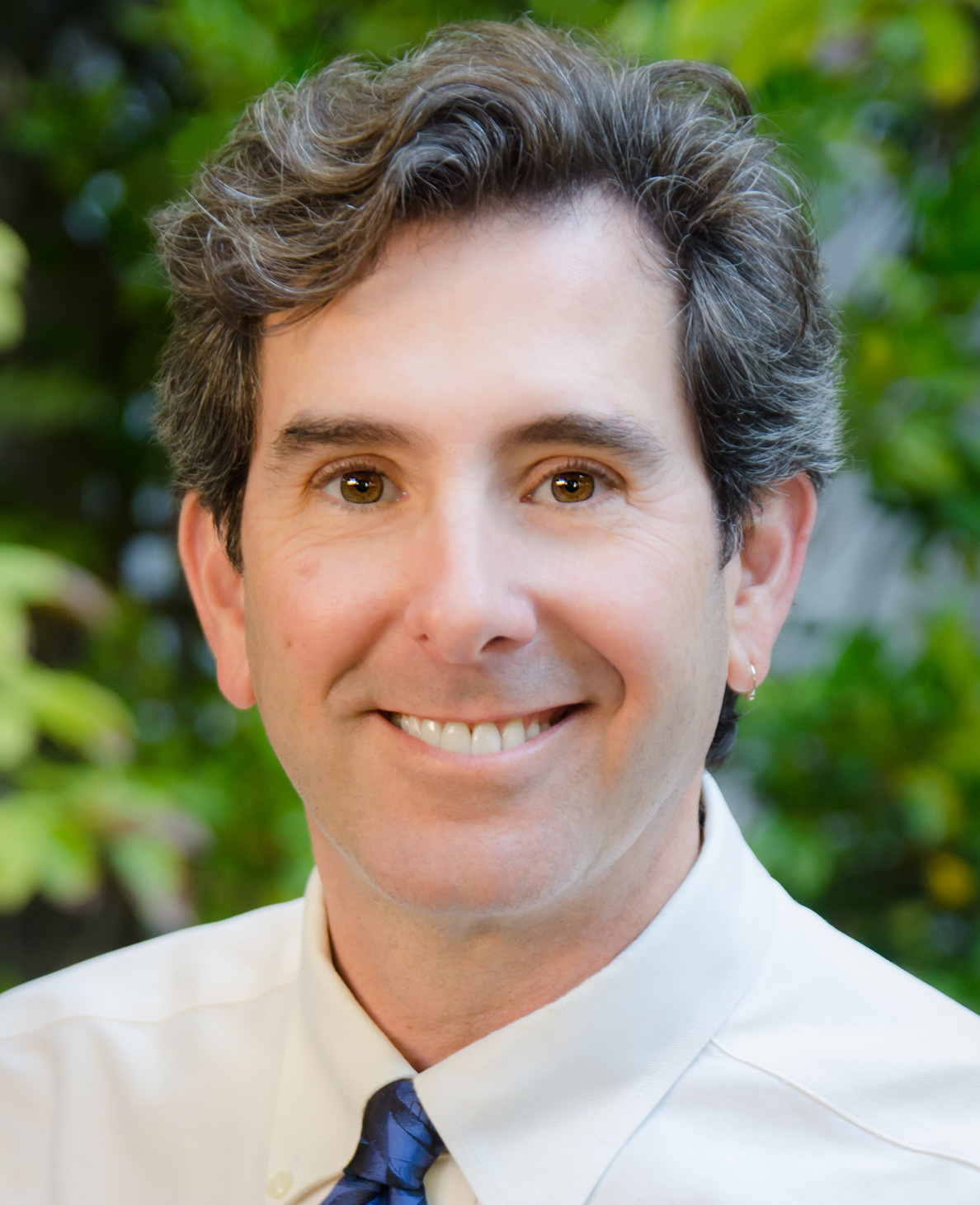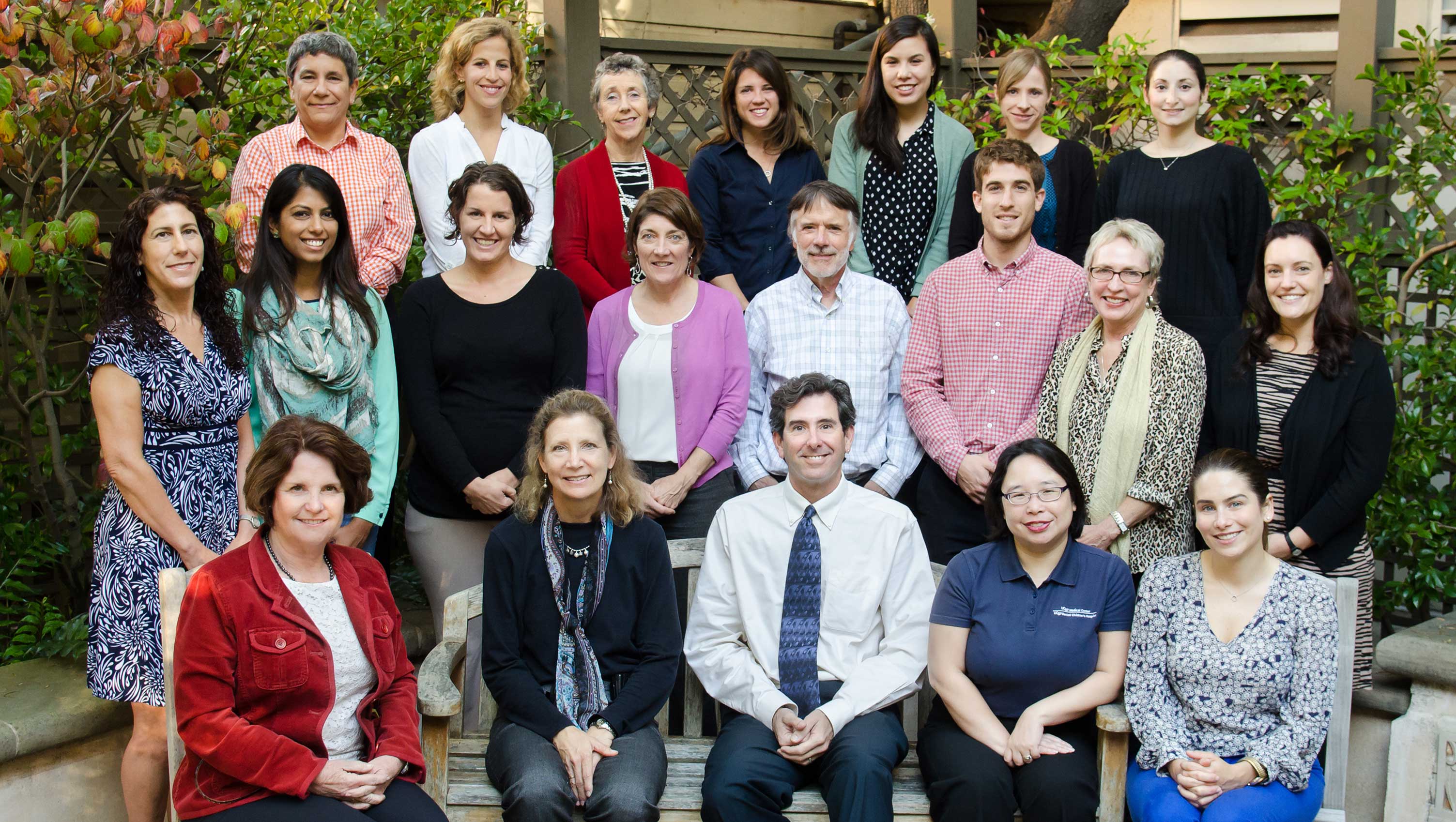Submitted on November 26, 2014

Great strides have been made in the treatment of cancer, but it is still a sometimes fatal disease that can cause great emotional and physical suffering.
Easing that suffering is the goal of palliative care specialist Michael Rabow, MD, a UCSF professor of clinical medicine who recently accepted a joint urology appointment.
Rabow, who trained at UCSF, is the founding director of the Symptom Management Service at the UCSF Helen Diller Family Comprehensive Cancer Center—one of the country’s leading outpatient palliative care consultation programs. He also directs the inpatient palliative care consult service at UCSF/Mount Zion Hospital.
In broad terms, palliative care treats distress in patients and their families. That encompasses emotional issues, physical pain and fatigue. The American Society of Clinical Oncology recommends that all patients with metastatic cancer receive concurrent oncologic and palliative care, but many others can find it useful.
“Even people being treated for cure, say for localized prostate cancer, can benefit from palliative care,” said Rabow. “Quality of life can be a focus at the same time as treatment.”
Much of Rabow’s initial work on the importance of palliative care was performed within the department of urology.
“Dr. Peter Carroll invited us to do palliative care work in the genitourinary oncology clinic back in 2005,” said Rabow. That successful opportunity opened the doors to working with other cancer programs at UCSF. In acknowledgement of the prominent role that palliative care plays in cancer, Rabow was recently named Helen Diller Family Chair in Palliative Care within the UCSF cancer center, the first person to hold that title at UCSF.
Within urology, Rabow’s team works primarily with prostate cancer patients, and salso bladder cancer patients. His team is particularly known for groundbreaking research on the benefits of combining routine surgical care with palliative care in patients with bladder cancer, where it has been shown to improve depression, anxiety, fatigue, and quality of life.

With his new urology appointment, Rabow will continue to integrate palliative care into genitourinary oncology services. He and the other four physician-faculty, palliative care nurse practitioner, and four palliative care fellows of the Symptom Management Service provide ongoing consultation to patients.
“Our goal is to embed palliative care within routine care,” said Rabow. This “concurrent care” model has already been incorporated into the UCSF STAND (Supportive Therapy in Androgen Deprivation) clinic, directed by oncologist Rahul Aggarwal, MD.
Rabow is also concentrating on primary palliative care—the term he uses to describe the basic services that all clinicians should be able to provide to cancer patients. This includes feeling comfortable with basic communication about serious news, something that many healthcare providers are hesitant to share, said Rabow. He will work with faculty so they can assess and implement first-line pain management strategies, and recognize when patients need more specialized palliative care. He and his team will provide grand rounds, collaborate on research projects and work individually with other urology faculty.
“We look forward to working more closely with Dr. Rabow,” said Peter Carroll, chief of urology. “His work is unique, vital, well recognized internationally and adds a dimension to care not routinely available at most medical centers.”